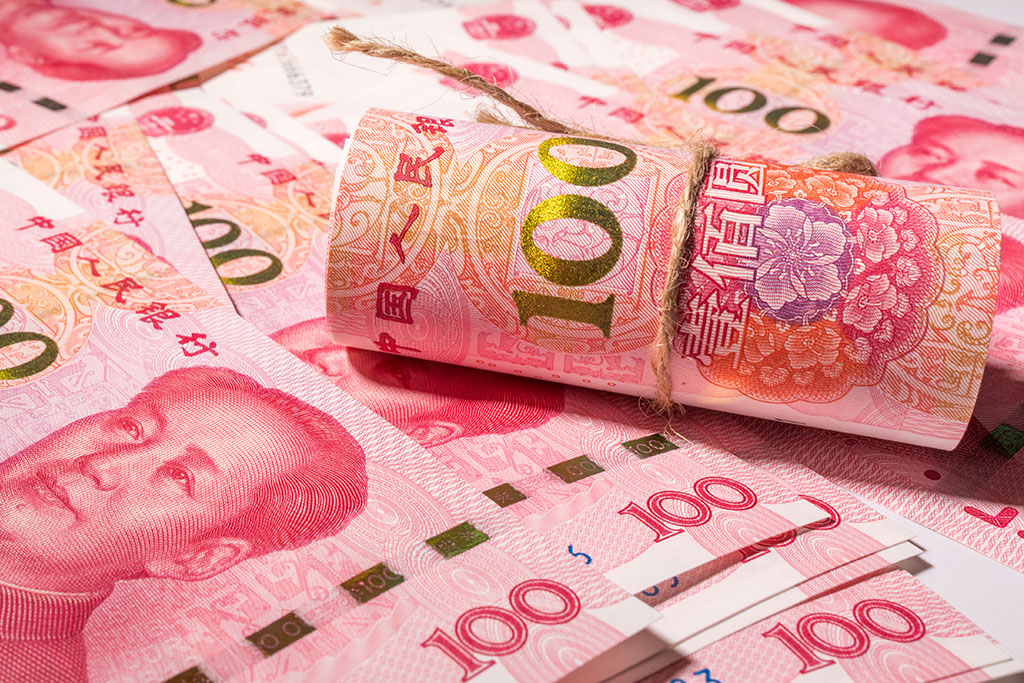Global markets, mostly in Asia, are beginning to feel serious impact from the China-U.S. trade war as stocks set record losses, triggering emergency meetings and threats of protest.
On Monday the 5th of June, Asian shares fell to its lowest point in about 10 months, largely as a result of the ongoing U.S.-China economic tussle which has been ongoing for a while now and may have now degenerated. At the moment, the Chinese Yuan (CNY) has also terribly crashed, causing investors to hurriedly seek refuge in other assets such as the Japanese Yen, gold and various other bonds.
The Last Straw?
In a series of tweets posted on Thursday the 1st of August, U.S. President Donald Trump accused Chinese President Xi Jinping, off reneging on an agreement to buy large quantities of agricultural products from the U.S. and also to discontinue the sale of Fentanyl to the U.S. He then stated that even though communication channels between both countries have been left open, there will be an “additional 10% tariff on the remaining 300 billion dollars of goods and products coming from China into our country.” The day after, China declared that it would retaliate.
Now, the CNY is so weak that it has gone beyond the standard 7 per dollar level signaling a further deterioration of the situation between both countries. This is the steepest drop for the CNY since August 2015. Already, China has requested that all of its state purchasers cease importation of agricultural products from the U.S. until further notice. The situation has caused protesters in Hong Kong to threaten a complete shutdown.
The Ripple Effects
Markets all over the world are feeling a ripple effect of this move which has left a lot of confusion in its wake. Japan’s Nikkei, for example, lost 2.3% signaling the lowest point since early June. It’s also the furthest 24-hour drop in a few months and has caused key players in the county to call for a special immediate meeting, to figure out possible solutions.
In Australia, shares lost 1.5% while the Korea Composite Stock Price Index (KOSPI) in South Korea, also rapidly hit its least point since December 2016 as it lost 2.1%.
China’s blue-chip index also lost 1% and the Asia-Pacific’s MSCI tanked by 2.5% the lowest level since January and the largest 24-hour loss since early October 2018.
The S&P 500 futures index also lost 1.3% ensuring its sixth consecutive loss; while the Stoxx Europe 600 Index lost 1.8%.
Gainers
The Japanese Yen usually records gains during periods of economic pressure mostly due to its position as the biggest global creditor. So far, the Dollar has dropped to 105.78 Yen and the Euro also dropped to 117.64 Yen, its bottommost level since April of 2017.
At the moment, there’s simply no pointer to the possibility of trade situation turning around for good. According to Ray Attrill, the Head of Forex Strategy at Sydney’s National Australia Bank:
“Everything is selling off right now. We have no reason to expect any cessation in selling unless we see any strong action to defend any CNY or CNH weakness. Our working assumption is that we are unlikely to see any meaningful resolution to the trade dispute anytime soon.”
